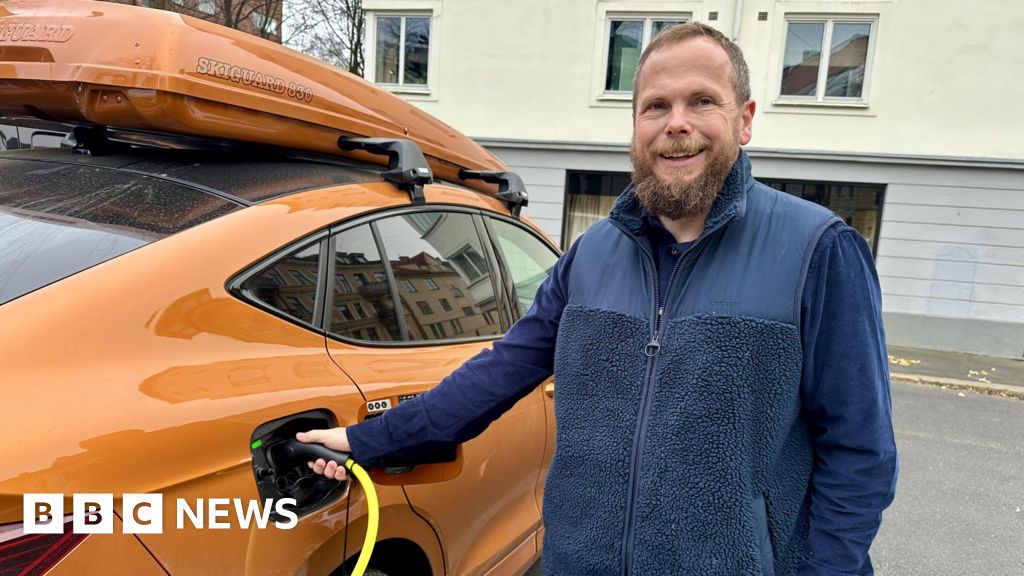Summary
Norway leads the world in electric vehicle (EV) adoption, with EVs making up nearly 90% of new car sales in 2024 and over 30% of all cars on its roads.
This shift, driven by decades of policies like tax exemptions for EVs, higher taxes on fossil fuel cars, and perks like free parking, has put Norway on track to phase out new fossil fuel car sales by 2025.
The country’s wealth, renewable hydroelectric power, and extensive charging network have enabled its EV revolution, serving as a model for other nations.



Am I missing something? While dedicated, wall-mount-style chargers are convenient, car “chargers” are literally just a power adapter. The ones that plug into a socket (outlet?) are functionally the same. They just supply electricity, all the interestingly technology is in the car itself.
Someone mentioned renting apartments which is fair enough, I live in a country where of you’re in an apartment you use public transport so it didn’t factor.
There are multiple kinds, but that’s not the important part here.
Much of the world does not have the infrastructure to allow for most people to charge their car at home at all is what I meant to say, apartments are a great example. Unfortunately public transit in my area is also not great, so a car is required to do much of anything.
If you can’t go anywhere without a car and you can’t charge your car at home, it becomes difficult to justify an EV. But that’s not the EV’s fault, that’s the fault of our infrastructure failing to keep up.
Ideally public transit would be the solution, but some places aren’t likely to see improvements to that for a while.